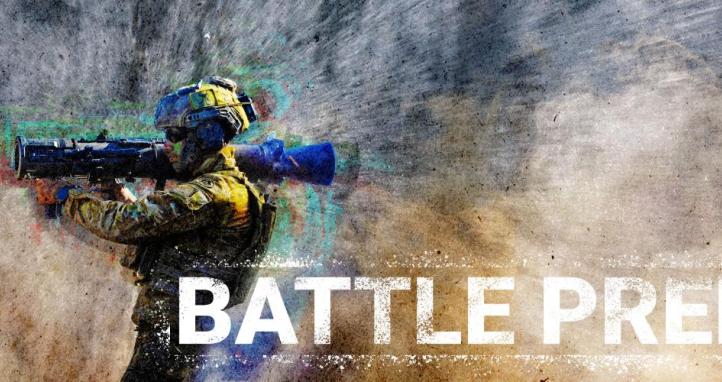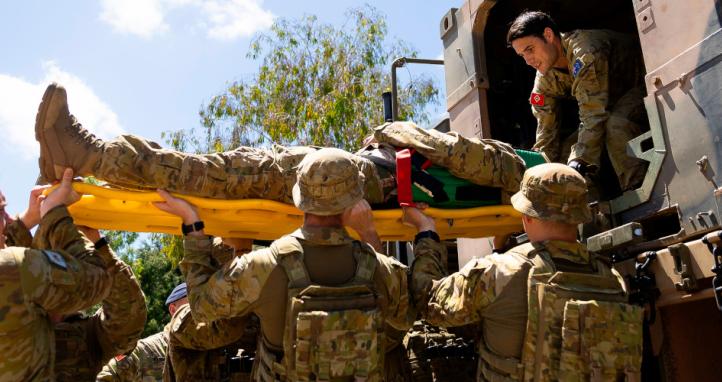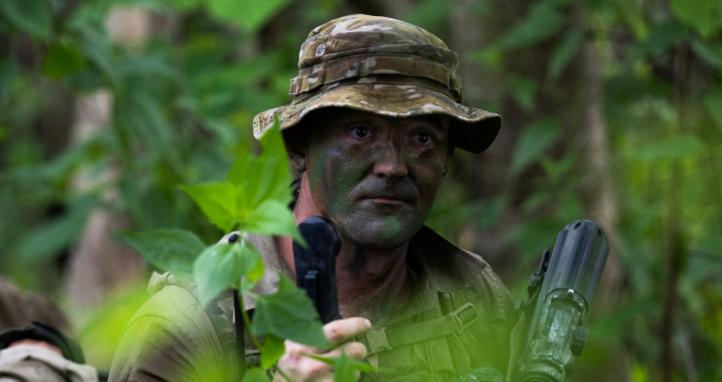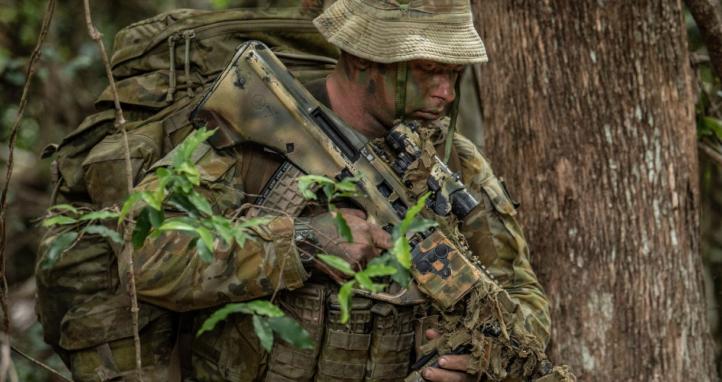The operational level of war and the operational art are key concepts of military doctrine and consequently form important areas of study in staff colleges and war colleges around the world. To stimulate discussion and debate about these important ideas, authors from the Defence Studies Department, Kings College London, are exploring the continued use and relevance of these concepts.
In the first article via Defence in Depth, Dr Stuart Griffin argues that both operational art and the operational level of war are still relevant. He concludes that we do need a new understanding of campaigning; of the relationships between tactics and strategy; of the very utility of military force: but he states that we also need to acknowledge the possibility that operational art and the operational level will be every bit as important in modern day as it was in the past.
Dr Griffith's article is a rebuttal piece to another article by Dr Robert Foley which argues the case that these concepts are no longer relevant in the study of the profession of arms. He argues that the recognition of the limited utility of Operational art and the operational level of war is already implicit in the recent operational decisions, such as the decision by some to send only handfuls of troops to participate in the NATO-ISAF mission in Afghanistan. He suggests that we need to explore and understand better the direct links between tactical actions and strategy and we need to stop trying to fool ourselves into thinking that there is a zone in which the military operates all on its own.
Have a read of both articles. Once you've read both sides of the argument, let us know which side of the fence you're on. Do you agree Operational art and the operational level of war are still relevant, or do you think they are outdated concepts?










His comment was basically that he and his fellow soldiers have seen lots of combat, but he does not consider himself to have seen War, or to have gone off to war. I hope that I have used his comment in the correct manner to address the article's discussion and debate.